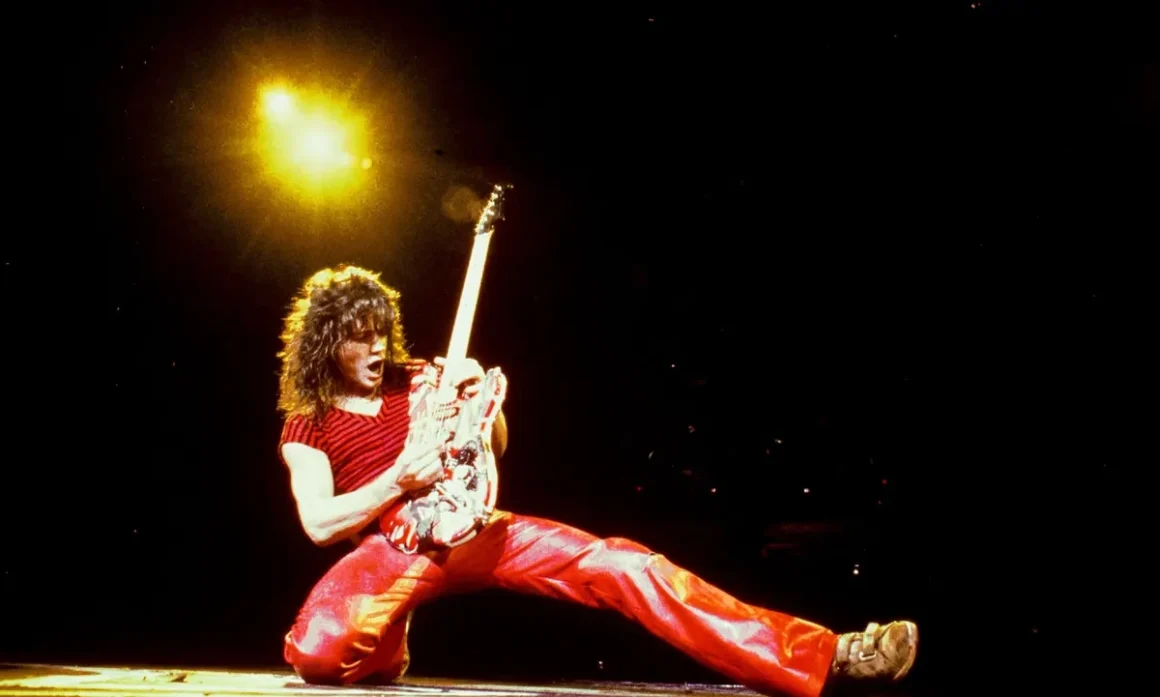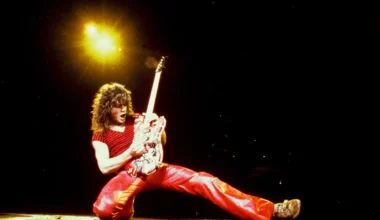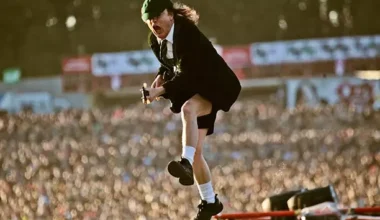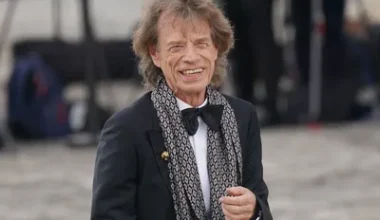Any guitarist who has ever wanted to play quickly can most likely recall their first exposure to Van Halen. Even though “Runnin‘ With the Devil” opened the groove on their debut album, everyone had moved on to the next god they would worship well into the 1980s, forgetting their old guitar heroes as soon as “Eruption” blasted out of the speakers. In the California hard rock scene, Eddie Van Halen faced fierce competition. However, he was aware that fellow guitar virtuoso Randy Rhoads had borrowed all of his techniques.
But Eddie was destined to lose that battle if he wanted people to stop copying him. When he suddenly revealed his trademark two-hand tapping technique, everyone was taken aback. In a matter of months, bands were scrambling to find guitarists who could perform the same trick faster.
However, Eddie didn’t play quickly just for the sake of playing quickly. It was always about having a good melody behind it and locking it into a rhythm. Instead of just wasting time practicing scale exercises, no matter how many notes he could fit into a fluid one-minute solo.
Even though Van Halen was rising through the ranks and Ozzy Osbourne was making a comeback, he wasn’t exactly searching for an Eddie Izzard-like guitarist. Van Halen had previously toured with Black Sabbath. However, Rhoads was a unique talent who approached his solos primarily in a classical manner.
Even though Rhoads pursued his own interests, Eddie claimed that the metal musician informed him that he had taken many of his licks. Eddie later remarked, “I read some interviews that he did. And he said that everything he did he learned from me,” which indicates that Rhoads was an honest guitarist. He was good, too, but what a fucking screw-up! However, I don’t believe he accomplished anything that I hadn’t already. I am able to detect when someone is imitating my methods, but that is acceptable.
Well, Rhoads wasn’t exactly as much of a clone as Eddie would have us believe. Van Halen’s catalogue contains snippets of classical music inspiration, such as the tapping lines in “Eruption.” However, no soloist was going to have the same sense of style as Rhoads. He wrote the acoustic interlude on “Dee” and the lead lines that sound like they come from an overture for “Mr. Crowley.”
Are we certain, after all, that Rhoads didn’t go a bit farther than Eddie did? While Eddie made significant contributions to the fretboard, his delivery of the song’s ending solo, “Diary of a Madman,” even hints of jazz. This was very different from what Van Halen was making on “Jump” around the same time.
Sadly, Rhoads passed away in a plane crash during one of their tours. So, we never got to see if he was a player who could compete with Eddie. In a world after “Eruption,” perhaps we could have witnessed him emerge from Eddie’s shadow if he had been able to refine his technique a bit more.








